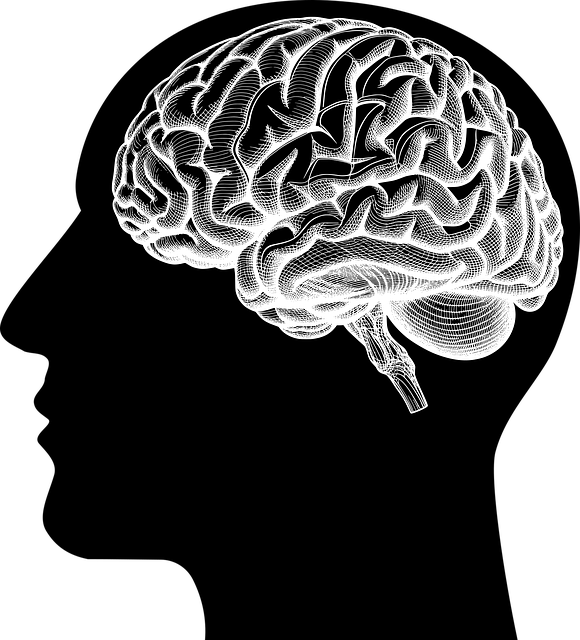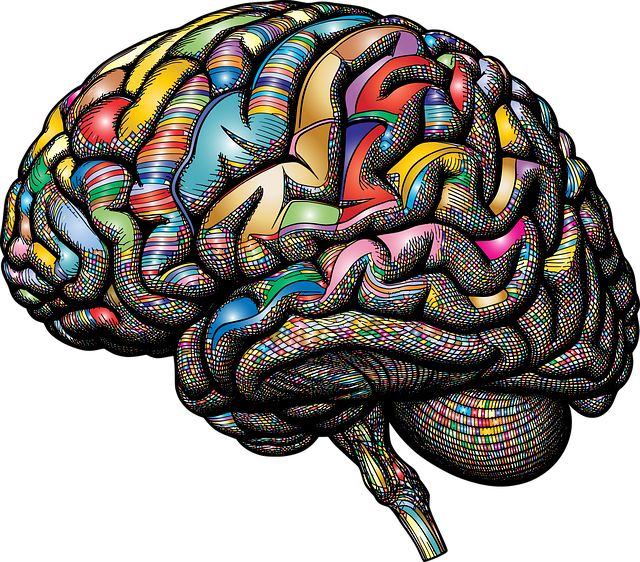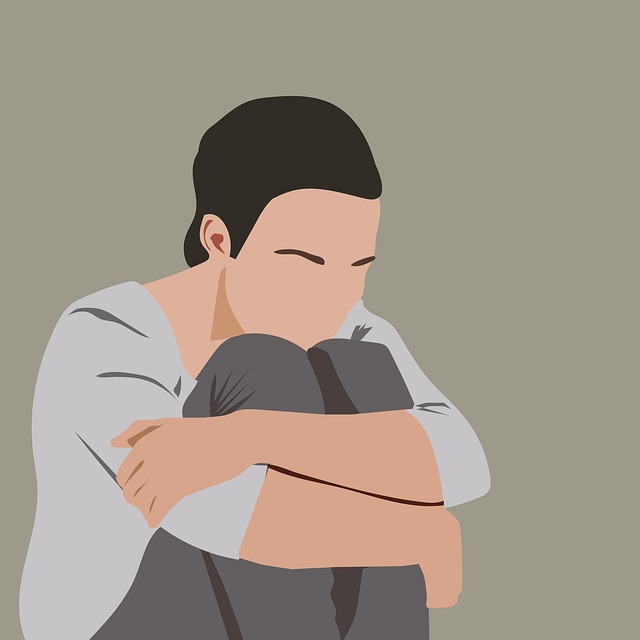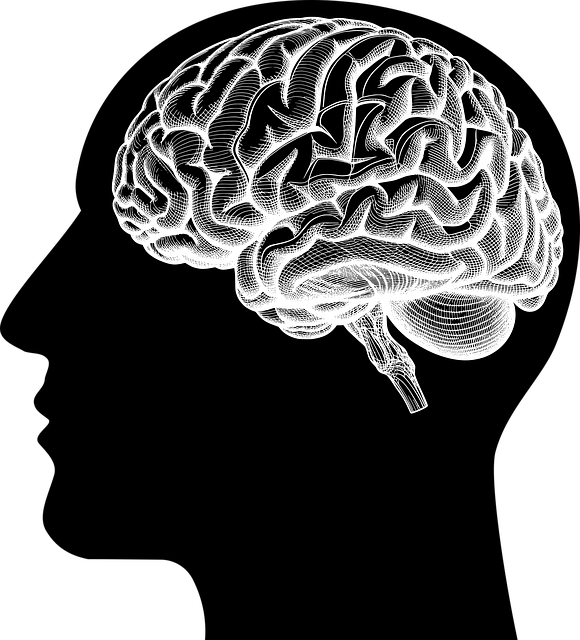Superior Veterans Therapy emphasizes the power of positive thinking as a crucial tool for veterans' mental wellness, particularly in managing PTSD. By integrating Cognitive Behavioral Therapy (CBT) and structured programs, they empower veterans to challenge negative thoughts with cognitive reframing and gratitude practices. This holistic approach, backed by Cultural Competency Training, promotes resilience, reduces trauma symptoms, and fosters community. Daily positive thinking exercises, such as journaling and mindfulness, enhance optimism and present-moment awareness. Measuring success through specific goals, self-assessments, and feedback ensures the effectiveness of these practices in improving mental health and well-being over time.
Positive thinking exercises are gaining traction as a powerful tool for enhancing well-being, especially in veteran populations. This article explores the transformative potential of positive thinking on veterans’ mental health and provides an in-depth guide to implementing effective strategies. We delve into evidence-based approaches, such as Cognitive Behavioral Therapy (CBT), and offer practical tips for designing tailored exercises that foster resilience. By integrating these practices into daily life, Superior Veterans Therapy can be revolutionized, promoting lasting positive outcomes.
- Understanding Positive Thinking and Its Impact on Veterans' Well-being
- The Role of Cognitive Behavioral Therapy (CBT) in Shaping Positive Thought Patterns
- Designing Effective Positive Thinking Exercises for Superior Veterans Therapy
- Strategies to Integrate Positive Thinking into Daily Routines and Activities
- Measuring Success: Evaluating the Effectiveness of Positive Thinking Exercises
Understanding Positive Thinking and Its Impact on Veterans' Well-being

Positive thinking is a powerful tool that can significantly enhance the well-being of veterans. By focusing on optimistic and encouraging thoughts, veterans can navigate the challenges they often face, including post-traumatic stress disorder (PTSD) and other mental health concerns. This practice encourages a mindset shift from negative to positive, which has been shown to reduce symptoms of anxiety and depression, leading to improved mental wellness.
Implementing positive thinking exercises as part of comprehensive therapy programs can be transformative for veterans. Superior Veterans Therapy recognizes the importance of this approach and incorporates it into their designed Mental Health Education Programs. Through various techniques, such as cognitive reframing and gratitude practices, veterans learn to challenge negative thought patterns and replace them with more adaptive ones. This not only fosters mental wellness but also empowers individuals to better cope with stress reduction methods, ultimately enhancing their overall resilience.
The Role of Cognitive Behavioral Therapy (CBT) in Shaping Positive Thought Patterns

Cognitive Behavioral Therapy (CBT) plays a pivotal role in shaping positive thought patterns by identifying and challenging negative or distorted thinking. This therapeutic approach, backed by extensive research and proven effective for various mental health conditions, empowers individuals to replace unhelpful cognitive behaviors with more realistic and adaptive ones. Through CBT, veterans, in particular, can learn to manage stress, anxiety, and depression more effectively, leading to improved emotional regulation and overall well-being.
Implementing CBT strategies requires a structured and tailored approach, which is why organizations like Superior Veterans Therapy focus on developing comprehensive programs. By integrating CBT into mental health education and awareness campaigns, these initiatives aim to foster public understanding of emotional regulation techniques. Such programs not only benefit veterans but also contribute to broader community resilience by promoting positive thinking and stronger coping mechanisms through effective Public Awareness Campaigns Development and Mental Health Education Programs Design.
Designing Effective Positive Thinking Exercises for Superior Veterans Therapy

Designing effective positive thinking exercises for Superior Veterans Therapy requires a nuanced approach that respects the unique experiences and challenges faced by veterans. These exercises should be tailored to promote resilience, reduce symptoms of trauma, and foster a sense of community—all essential components of high-quality veterans’ therapy. Incorporating practices like mindfulness meditation, gratitude journaling, and positive affirmation techniques can help in managing stress and anxiety, which are common among veterans dealing with post-traumatic stress disorder (PTSD).
Cultural sensitivity in mental healthcare practice is paramount when creating these exercises. Healthcare providers must undergo comprehensive Cultural Competency Training to ensure their approaches align with the diverse backgrounds and beliefs of veteran populations. This includes being aware of and addressing potential cultural barriers, such as stereotyping or language differences, that might impede effective trauma support services. By integrating these considerations into positive thinking exercises, therapists can create a safer and more supportive environment for veterans seeking healing and recovery in Superior Veterans Therapy.
Strategies to Integrate Positive Thinking into Daily Routines and Activities

Integrating positive thinking into daily routines is a powerful step towards enhancing mental well-being and overall life satisfaction. It’s not just about adopting a cheerful outlook but also cultivating practices that foster optimism. Start by setting aside dedicated time each day for reflection and gratitude. Encourage yourself to acknowledge and appreciate the small victories and blessings in your life, no matter how insignificant they may seem. This simple act can shift your perspective and create a foundation for positivity.
Superior Veterans Therapy suggests several practical strategies like journaling, where you record thoughts, emotions, and achievements with a focus on the positive. Another approach is to engage in activities that promote mindfulness, such as meditation or spending time in nature. These practices help clear mental clutter and enhance awareness of present moments, allowing for deeper appreciation of life’s joys. Moreover, participating in public awareness campaigns development and mental health education programs design can provide valuable tools and resources for maintaining a positive mindset throughout various aspects of daily life.
Measuring Success: Evaluating the Effectiveness of Positive Thinking Exercises

Measuring success is a crucial step in evaluating the effectiveness of positive thinking exercises, especially when considering their impact on mental health and well-being. Similar to how Superior Veterans Therapy assesses progress, therapists and individuals can track improvements by setting specific and measurable goals. These might include reductions in stress levels, increased life satisfaction, or enhanced coping mechanisms. Regular self-assessments and feedback from peers or professionals involved in the Community Outreach Program Implementation can provide valuable insights into the individual’s emotional healing processes.
By integrating positive thinking exercises into a Self-Care Routine Development for Better Mental Health, participants can observe changes over time. For instance, improved mood, better sleep quality, and increased resilience to challenging situations are indicators of success. Additionally, qualitative assessments, such as personal reflections or journaling, can offer profound insights into the transformative power of these practices. These methods collectively ensure that the positive thinking exercises remain tailored to individual needs and continue to yield beneficial outcomes in emotional healing processes.
Implementing positive thinking exercises as part of Superior Veterans Therapy can significantly enhance well-being for veterans. By combining techniques like CBT with tailored activities, we can effectively reshape thought patterns and foster resilience. Integrating these practices into daily life promotes a sense of purpose and optimism, leading to improved mental health outcomes. Continuous evaluation ensures the success and refinement of these exercises, ultimately contributing to the holistic care of our veterans.









